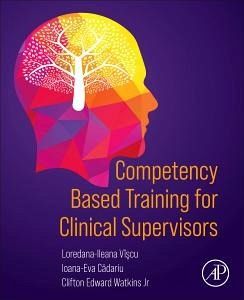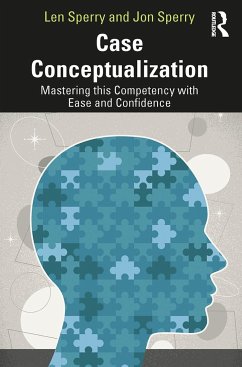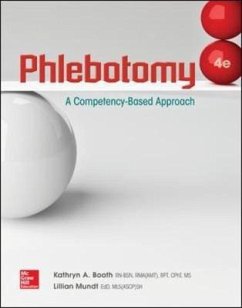
Competency Based Training for Clinical Supervisors

PAYBACK Punkte
77 °P sammeln!
Competency Based Training for Clinical Supervisors builds upon the current competencies schema to design a framework for training programs. The book's authors begin with a practical program curriculum, addressing the challenges of treatment and workplace satisfaction. The next sections are divided based on transversal competencies, including intellectual order, methodological order, personal and social order, and communication order. The last section of the book is dedicated to ethics in both training programs and models for psychotherapy and clinical supervision.














